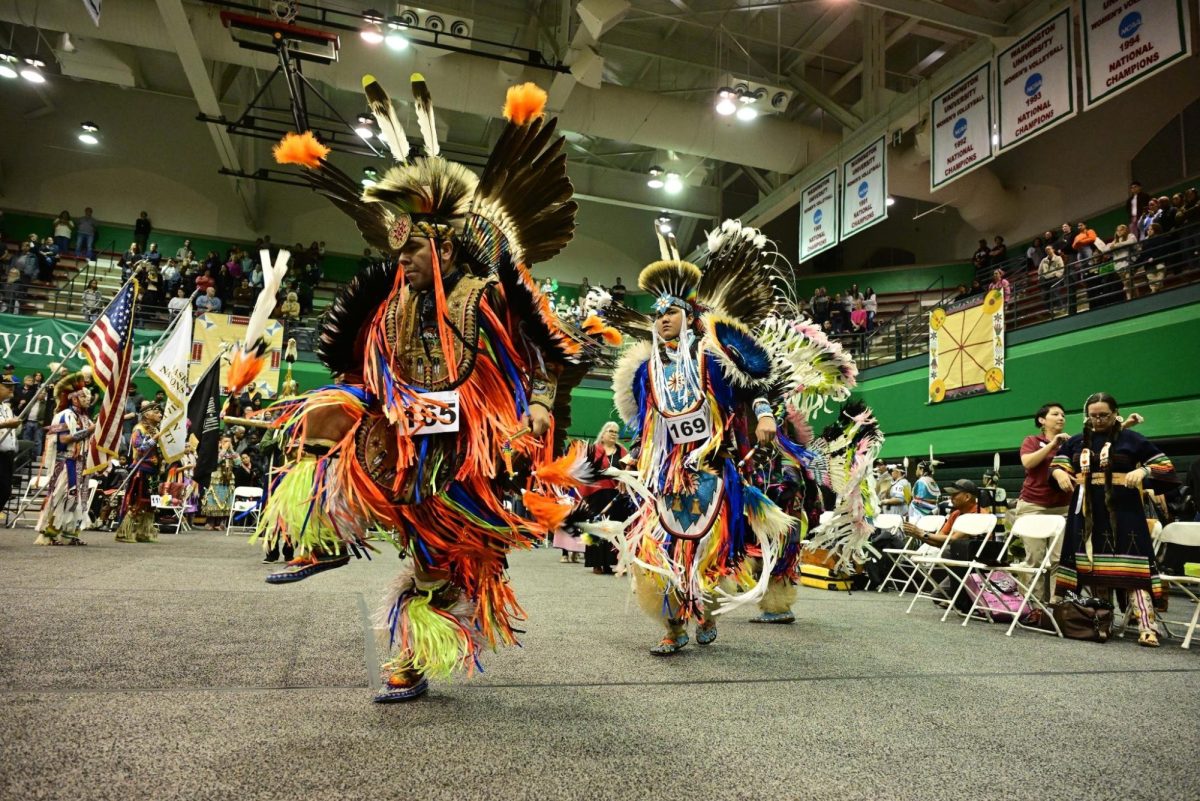Many argue that athletes should be exempt from these classes, and there are compelling reasons to support this stance.
Firstly, athletes are already engage in rigorous physical training as part of their sports routines. High school and college athletes often spend several hours a day practicing, conditioning, and competing. This level of activity far exceeds the physical exertion typically required in a standard PE class. For instance, a varsity soccer player might train for 2 hours daily, while a PE class might only involve 45 minutes of moderate exercise. Requiring athletes to take PE could lead to over training, increasing the risk of injuries and burnout.
Secondly, the time spend in PE could be better utilized for academic pursuits. Athletes often have demanding schedules, balancing practice, games, and travel with there studies. Exempting them from PE would free up valuable time that could be used for academic support, such as tutoring or studying for exams. This shift could help athletes maintain there academic eligibility and perform better in there classes.
Finally, the skills and fitness levels of athletes often surpass those of there peers in PE classes. this discrepancy can lead to a lack of challenge and engagement for athletes, making the class less beneficial for them. Instead, athletes could participate in more specialized training or advanced fitness programs tailored to there needs, promoting continuous improvement and peak performance.



